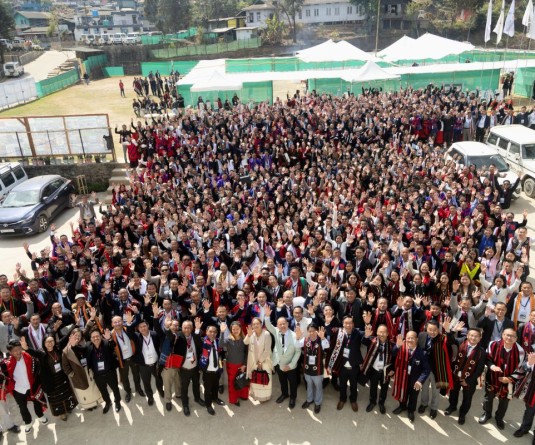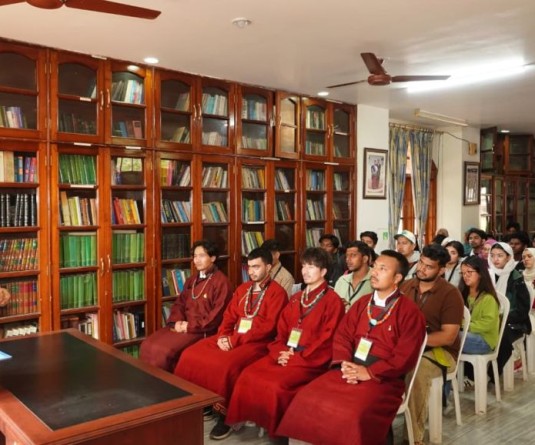
Asks Govt to focus on more important issues
DIMAPUR, APRIL 4 (MExN): The Nagaland Baptist Church Council (NBCC) today said that it stands against serving or making alcohol available to the G-20 guests; and further urged the Nagaland Government to implement the NLTP Act “with the will power and resolute decision.”
A press statement from Rev Dr Zelhou Keyho stated that the NLTP Act has provisions in different category for supervise relaxation; and pointed out two of the related clauses. The NBCC said that if this provision does not come under strict control of the government and the implementing body/agency, “hotels and restaurants will become den of alcohol busy.”
“Even though the Act says ‘Total Prohibition’ it actually is not total. There are provisions where the Act states regulated use in different categories. The provisions stated in the Act permits the government and the individuals to use and obtain legally,” the NBCC said.
However, it noted that since the act was not systematically enforced and the public were not educated, they were misled and the blame game started. “This lackadaisical attitude led some to gain in an unfair means. The spurious liquor, black market and bootlegging are some clear examples of the outcome. Therefore, the problem is not the prohibition but lack of will power and determination in implementing the Act,” the NBCC claimed.
When the Act is not implemented every legal provision becomes a suspect, the NBCC stated, adding that “one of such is making liquor available during the G-20 summit.” “One can see the opportunity of misusing the provision because there will certainly be no supervision. There is every chance that the star hotels and restaurants will become den of liquor shop,’ it claimed.
The G-20, it stated, is a “respectable and honorable body.” Instead of focusing on liquor, the NBCC encouraged the state government to allow the summit to accomplish their tasks in “Green Development, Climate Finance & LiFE, Accelerated, Inclusive & Resilient Growth, Accelerating Progress on SDGs, Technological Transformation & Digital Public Infrastructure, Multilateral Institutions for the 21st century, and Women-led Development.”






